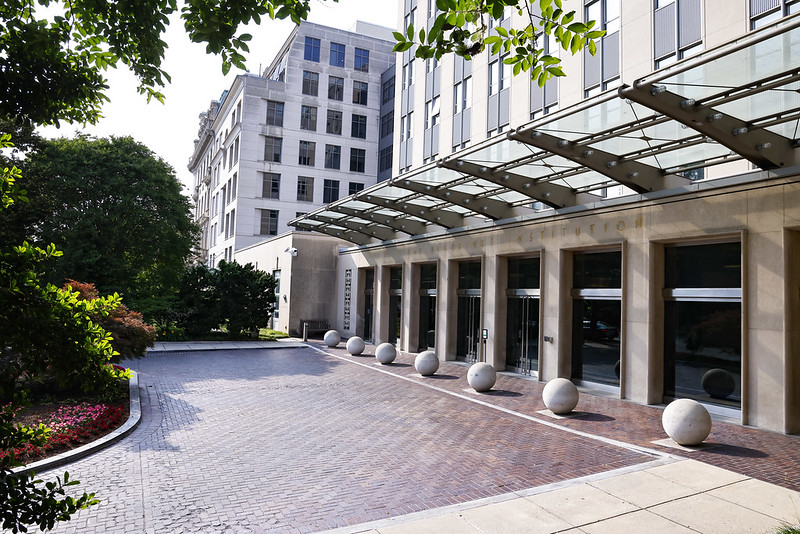Contact Brookings
Please complete this form to request information from Brookings.
"*" indicates required fields
______________________________________________________________
Reach Out Directly
The Brookings Institution
1775 Massachusetts Ave., NW
Washington, DC 20036
202.797.6000
Research Programs
[email protected] 202.540.7721
[email protected] 202.540.7724
[email protected] 202.238.3134
[email protected] 202.238.3139
Global Economy and Development
[email protected] 202.540.7753
Media Inquiries and Speaker Requests
brookings.edu/for-media [email protected] 202.797.6197
Permissions Requests
brookings.edu/permissions [email protected]
Donations and Sponsorships
brookings.edu/support-brookings [email protected] 202.797.6220
Events and Conferences
brookings.edu/events [email protected]
Book Store Orders and Proposal Submissions
Research Library and Archives
brookings.edu/research-library-and-archives [email protected] 202.797.6240
Careers and Benefits
brookings.edu/careers [email protected]
Executive Education Courses WashU at Brookings
brookings.edu/washu-at-brookings [email protected] 202.797.6276
